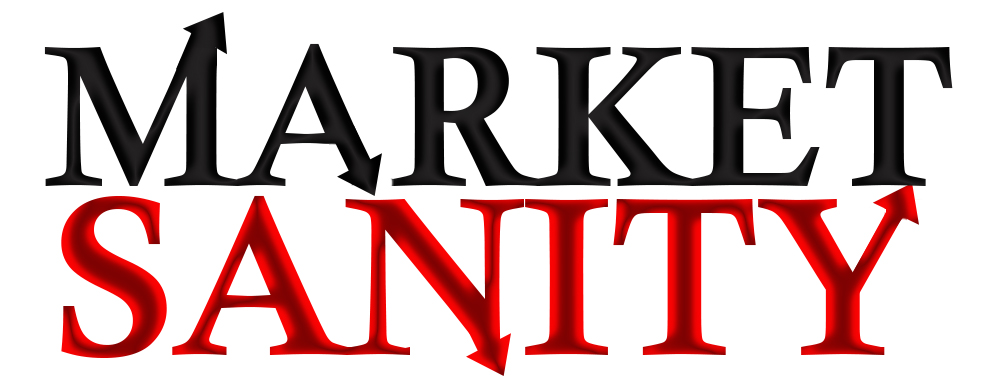Wealthion, Released on 8/20/24
James Connor welcomes Professor Steve Hanke for a thought-provoking conversation exploring why we’re headed for recession and its implications for an overheated stock market, while also suggesting a safe asset investors should consider under this scenario. The renowned professor of applied economics at Johns Hopkins University issues a stark warning about the U.S. economy, stating that we’re “running on fumes” as the money supply contracts, making an economic downturn inevitable this year or early next!
01:30 – The Money Supply Contraction Means Recession Is Coming
07:49 – The Stock Market Is Overpriced
13:29 – The Health Of The US Consumer?
22:02 – US Monetary Policy: The Fed Is Behind The Curve Here
33:00 – How Should Investors Position Themselves Under Steve’s Recession Outlook?
36:42 – Steve’s Outlook For Gold?
38:48 – Steve’s Book Recommendations
Steve Hanke is an American applied economist at the Johns Hopkins University in Baltimore, Maryland. He is also a senior fellow and director of the Troubled Currencies Project at the libertarian Cato Institute in Washington, DC, and co-director of the Johns Hopkins University’s Institute for Applied Economics, Global Health, and the Study of Business Enterprise in Baltimore, Maryland. Hanke is known for his work as a currency reformer in emerging-market countries. He was a senior economist with President Ronald Reagan’s Council of Economic Advisers from 1981 to 1982, and has served as an adviser to heads of state in countries throughout Asia, South America, Europe, and the Middle East. He is also known for his work on currency boards, dollarization, hyperinflation, water pricing and demand, benefit-cost analysis, privatization, and other topics in applied economics. Hanke has written extensively as a columnist for Forbes magazine and other publications. He is also a currency and commodity trader. His latest book is Capital, Interest, and Waiting: Controversies, Puzzles, and New Additions to Capital Theory.


